A series of events dedicated to celebrating UNESCO World Heritage Day in Romania are being organised from Monday to Sunday by the Joint Permanent Commission of the Chamber of Deputies and the Senate for Relations with UNESCO.
According to a press release sent to AGERPRES on Wednesday, the events began on Monday with the painting exhibition "Romania in UNESCO World Heritage," organised in partnership with the Mihai Eminescu Cultural Centre and aimed at presenting Romanian monuments listed by UNESCO.
A cobza recital was also presented, as part of efforts to promote the file currently under evaluation by UNESCO, with support from the County Centre for the Conservation and Promotion of Traditional Culture in Iasi.
On Tuesday, during the roundtable "Nature and Romanian Culture at UNESCO," the Commission opened a dialogue with representatives of mountain communities, associations, local organisations, and other relevant stakeholders in the field.
The discussions, led by the President of the UNESCO Commission, PSD deputy Dumitrita Gliga, focused on ways to protect and sustainably manage Romania's natural and cultural heritage in the Carpathian region.
"Recognising the importance of the Carpathians for Romania and the entire European region, both from an ecological and cultural perspective, contributes to fulfilling our country's international environmental commitments and underlines the need to continue coherent policies for the conservation and sustainable development of this natural and cultural heritage," the deputy said.
Following the discussions, which included experts, representatives of central and local administration, professional organisations, and international partner institutions, the need to initiate a Carpathian Mountains Law emerged - a symbolic and strategic effort aimed at recognising and valorising an area of national importance.
The session also included a panel dedicated to the cobza, a file currently under evaluation for inclusion on the UNESCO Intangible Cultural Heritage List.
On Wednesday, Dumitrita Gliga delivered a speech in the Chamber of Deputies plenary session, reaffirming a firm commitment to protect cultural heritage and the shared responsibility of passing it on to future generations.
"Let us view this day as a collective duty to national memory and dignity and as a commitment to pass on to our children not only the beauty of these places but also their meaning. I urge everyone to go beyond words and remain a real support for the protection of Romanian values, because a nation without culture is a vulnerable nation. This mission must remain a common cause beyond any ideological difference, because - as we often say in the Commission for Relations with UNESCO - heritage has no political colour," the deputy stated.
Activities will continue with initiatives and measures under the Commission's responsibility, including legislative elements, dedicated to sites, traditions, and projects relevant to the protection of Romania's cultural and natural heritage. These actions form part of ongoing efforts to strengthen the institutional and regulatory framework in the heritage sector.
The importance of the Carpathians is already internationally recognised, including through the "Carpathian Convention," a multilateral instrument to which Romania has been a party since 2003, alongside Poland, Slovakia, the Czech Republic, Ukraine, Austria, Hungary, and Serbia. The proposal to mark 26 September as Carpathian Mountains Day originated in Romania: the celebration began in 2013 in Retezat National Park and has since been adopted and celebrated in other Carpathian countries, such as Slovakia and Poland, reinforcing cross-border cooperation and the affirmation of Carpathian identity at a regional level.
UNESCO World Heritage Day in Romania (16 November) is established by law as a day dedicated to recognising the universal value of sites inscribed on the World Heritage List.

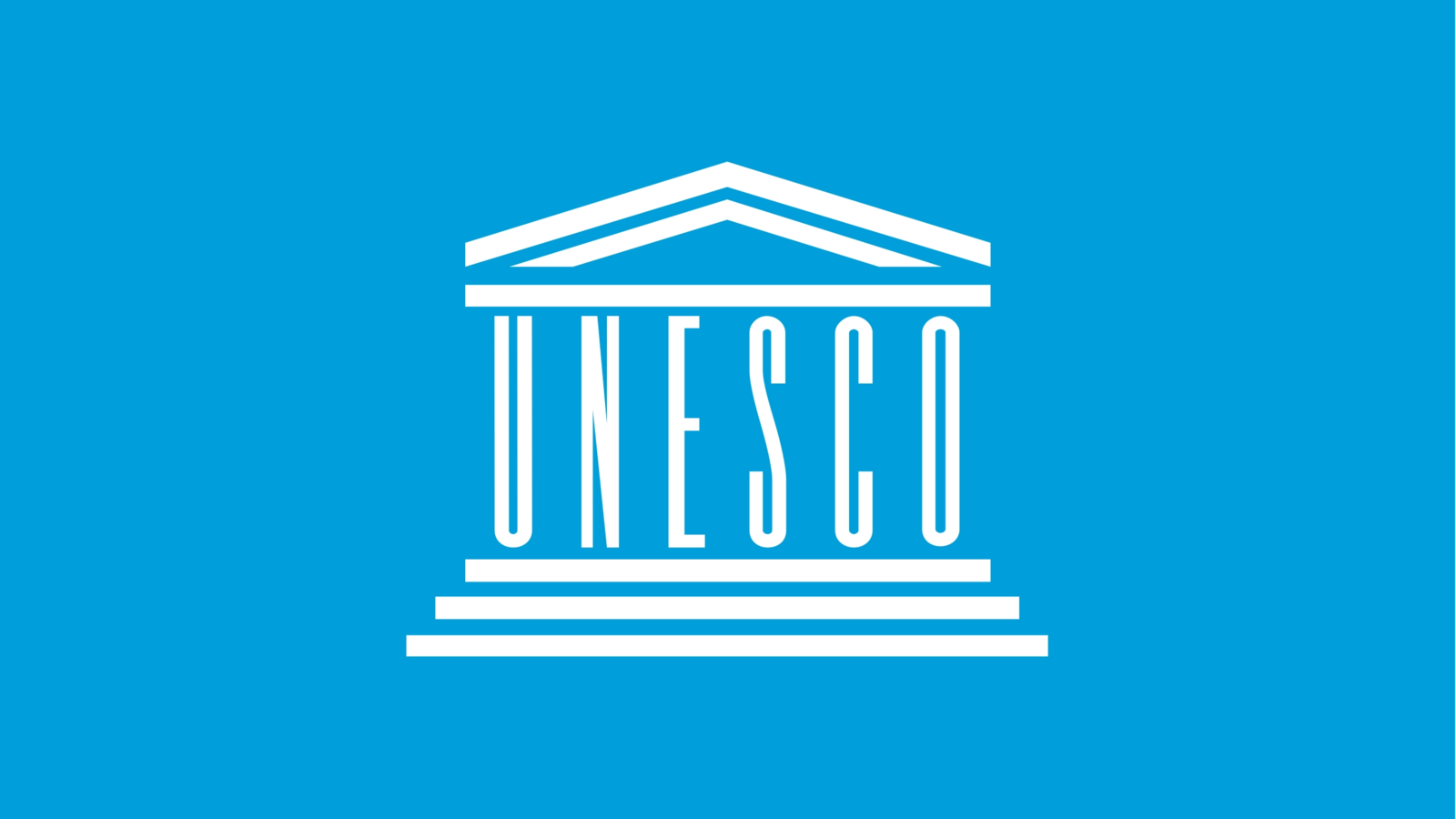




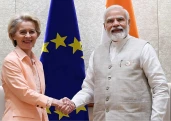


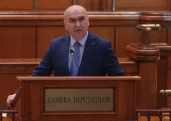










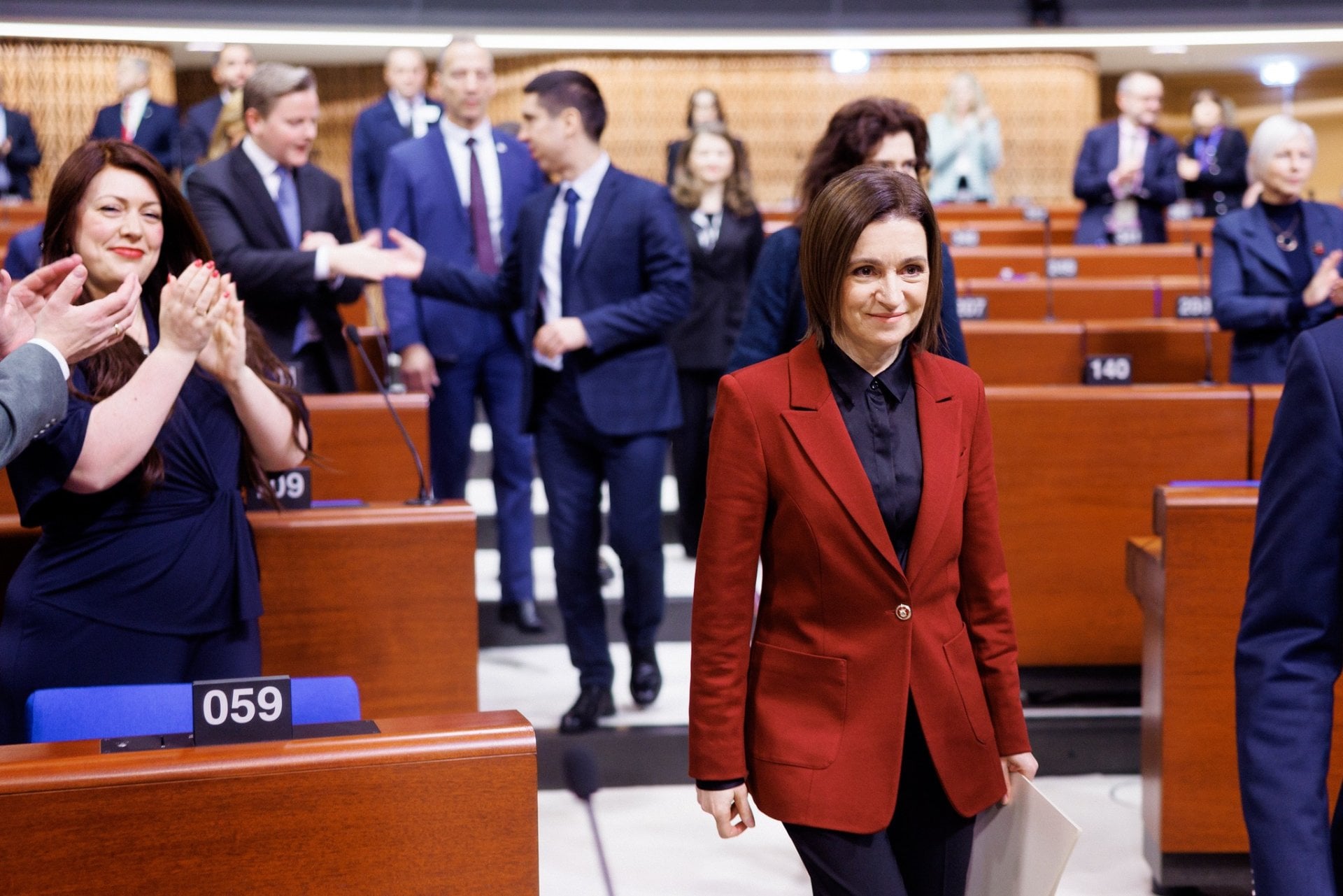

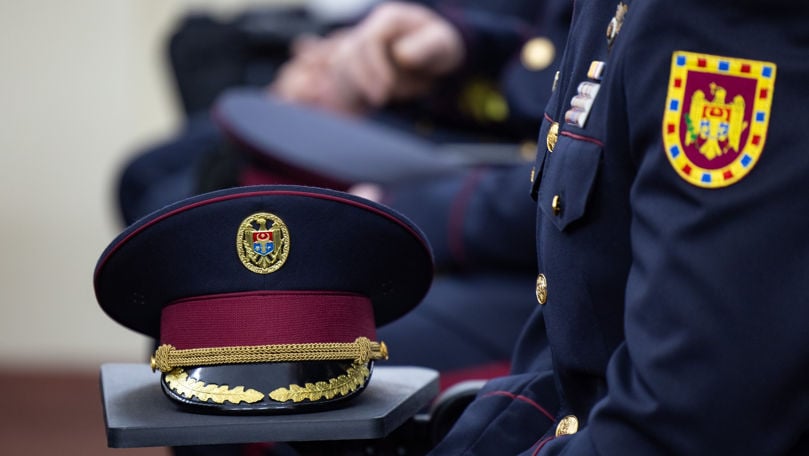
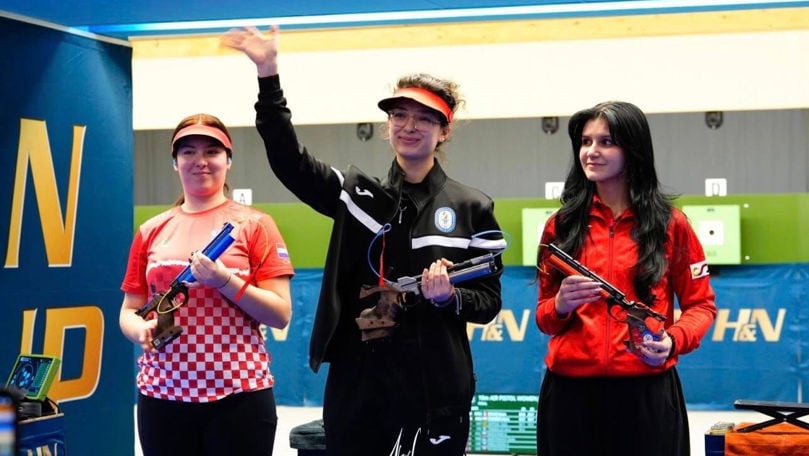








Comentează